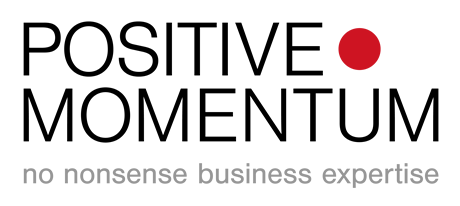What stories are they telling about you?
Employer Brand is not created in the posters that you see in the staff kitchen or buried deep in the employee handbook. It’s made and built in the experiences that your people have before, when and after they’re working with you.
What’s it like when a job with you … Starts?
There’s no point telling your consumers how cutting-edge, beautiful and different you are if your candidates and new starters are put through a paper-heavy, bureaucratic, inflexible recruitment and induction process. Would you ever send your newest clients a brown envelope stuffed full of A4 forms for them to fill in? So why send these out to your newest and most enthusiastic people?
What’s day one like?
Do you greet your new people warmly in person, with a big smile, shiny stationery and a big team lunch, or do they get locked in an HR induction on ‘elf & safety or a death-by-spreadsheet afternoon of IT training? They’ll pick all that stuff up along the way; much more important and much more effective is to start their cultural immersion in your business. Get them out on the floor as soon as you can. Show them as much of the business as you can. They’ll never be that interested again! Make them fall in love with your brand, your products and your customers.
Make sure you’re ready for them.
Get the small things right – have you arranged for reception to greet them by name, set up a meeting with some big cheeses, got their desk ready and a security pass that works? Make them as comfortable as you can as soon as you can. They’ll be delivering the goods much faster for you if you do..
What’s it like when a job with you … Changes?
How do you talk to your people about changes? We’re not talking about putting up a letter from the CEO on the intranet either. How do you answer your employees’ main question – what does this mean for me? It’s no good telling people about huge growth plans and wonderful structural changes if they’re unclear about what this means for their family finances or whether they’ll have to give up the triathlon training on a Thursday that means so much to them.
Don’t increase the outward communication; increase the amount you listen to the people who work for you. Be patient and available enough to be there for them when they have questions.
What’s it like when a job with you … Ends?
Someone resigns … do you sulk and stop their invite to the annual conference? Do you cut off their access to the system?
Even when you’re happy that they’re leaving, the people that leave are about to become your most vocal PR agents. Chances are, they’ll be working in your market. People will listen to what they have to say about you. After all, it’s not hearsay with them; they know what you’re like. What will be the stories that they tell? Will it be that you were fair and patient and reasonable as they left? Or will it be that you begrudged them taking an extra day’s holiday in their last 2 weeks or that you didn’t let them keep their security pass for long enough for them to get to their own leaving party.
How do you keep them as fans? The best alumni networks send out updates, products, invitations, merchandise to their former colleagues and these are the people that will always be ambassadors for their ex-employers.








